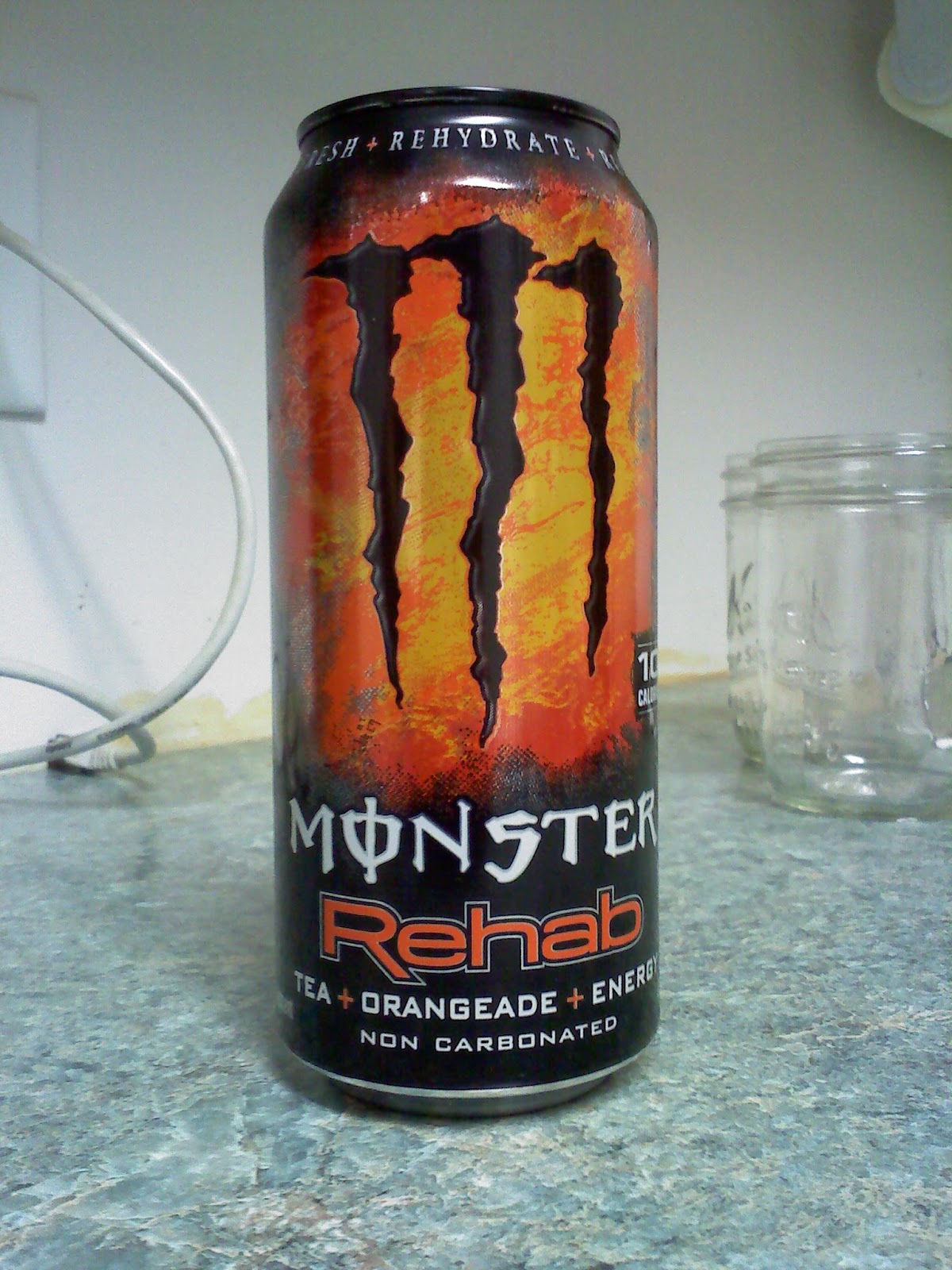Please complete the security check to gain access to www.goodtherapy.org
When picking a domestic drug abuse therapy facility in Georgia, it can be challenging for people and also their families to recognize which one to select. For lots of people, inpatient drug rehabilitation is the recommended setting in which to obtain sober considering that it supplies an added measure of security as well as assistance for those who require it, such as for those with severe opioid as well as sedative dependencies.
What are residential treatment programs?
Residential treatment programs provide intensive help for youth with serious emotional and behavior problems. While receiving residential treatment, children temporarily live outside of their homes and in a facility where they can be supervised and monitored by trained staff.
The size of time that an individual need to stay in a residential program can vary drastically, however according to the Drug abuse and Mental Health Services Management (SAMHSA), most programs require individuals to stay enlisted for 90 days. SAMSHA suggests that individuals who participate in addiction therapies have a tendency to prosper in these programs if they remain signed up for 90 days or longer, so this is considered the gold standard of therapy by several programs. There are some household programs that do not require this extended period of admission, however. In these programs, the individual could remain at the center for a couple of weeks, and then transition to an outpatient program for extra intensive care.
Every one of our programs use the highest-quality medical and also professional support for every single client, whether they live on-site throughout treatment or not. According to SAMHSA's 2014 National Study on Substance abuse, about 7.9 millions grownups had co-occurring psychological as well as drug abuse disorders.
Does residential treatment work?
Residential treatment can help people with addiction regain stability and productivity at work and within their family and community. Many individuals who complete rehab and post-rehab activities stop using addictive substances and reduce their likelihood of engaging in criminal activity.
- There are some domestic programs that don't require this extended period of admission, however.
- The size of time that a person must remain in a property program can vary significantly, but according to the Drug abuse and also Mental Wellness Services Administration (SAMHSA), the majority of programs call for individuals to stay enrolled for 90 days.
- SAMSHA recommends that individuals who take part in addiction therapies often tend to succeed in these programs if they remain signed up for 90 days or longer, so this is taken into consideration the gold requirement of therapy by many programs.
Residential treatment is one part of a selection of community services that include healing foster treatment, household support, instance monitoring, crisis-emergency solutions, outpatient and day services, and home-based services. During this duration, property therapy was also contrasted to sustained housing, likewise called helpful housing for its duty in thorough service system advancements, though typically for adults that may require or prefer services.

Addiction
What is the difference between inpatient and residential treatment?
:max_bytes(150000):strip_icc()/fha-203k-loan-costs-and-pitfalls-315411-v3-5b4e4ddc46e0fb00375f9d8f.png)
Inpatient treatment consists of 24/7 monitoring, while residential treatment consists of monitoring, but not quite on a 24/7 intensity. In terms of environment, residential is a more comfortable, home-like setting, where inpatient consists of a secure part of a hospital. Another key difference is length of treatment.
According to statistics, 51% of people who enter household therapy will certainly finish domestic treatment, and 21% continue to be sober after 5 years. The success price of medication treatment programs does not rely on achieving complete soberness, but instead on improving the person's lifestyle all at once. A property rehab program (otherwise referred to as an inpatient medicine therapy program) is a live-in program that helps treat dependencies consisting of alcohol addiction as well as substance abuse.
Domestic as well as inpatient treatment programs for chemical abuse need you to live 1 day a day at the addiction rehab facility https://zenwriting.net/eblicioqt5/they-will-maintain-the-drugs-in-the-drug-store-at-the-center-as-well-as-they or center. These programs can be found in a selection of strengths, with inpatient programs frequently being much more limiting or "intense". than some residential rehab programs. Sometimes, residential recovery programs permit individuals to leave for activities or even to run tasks or participate in consultations, especially when the individual has experienced several weeks of treatment.